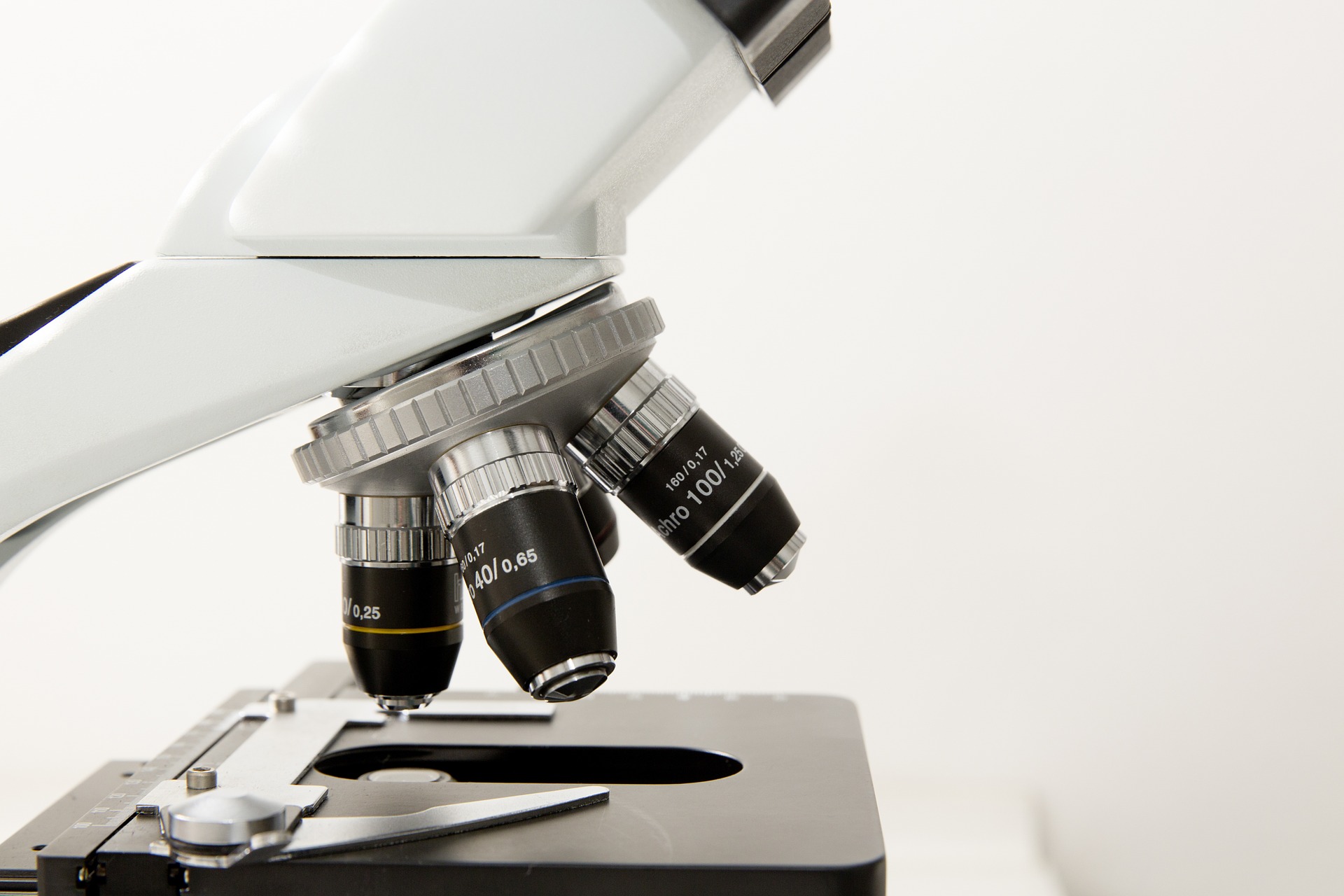Speaking to your GP
Your first step should be speaking to your GP about your condition and how to proceed with planning for a baby. You might also want to contact Genetic Alliance UK, a charity supporting people with genetic conditions.

Embryo testing and treatments can be used by people who have serious inherited diseases in their family and want to avoid passing the disease onto their children. Find out what your options are and how to get started.
Your first step should be speaking to your GP about your condition and how to proceed with planning for a baby. You might also want to contact Genetic Alliance UK, a charity supporting people with genetic conditions.

PGT-A is mostly used in cases where women have had several miscarriages or failed IVF cycles and want to test their embryos for problems which might lead to another failed treatment. It can also be used to check embryos for chromosome problems.
Find out more about PGT-APGT-M, previously known as preimplantation genetic diagnosis (PGD), can be used with IVF to test for over 1,700 rare genetic conditions, including Cystic Fibrosis and early onset Alzheimer’s. Patients then have the choice of only placing healthy embryos into the womb. Find out more about Pre-implantation genetic diagnosis
Find out more about Pre-implantation genetic testing for monogenic disordersMitochondrial donation treatment may be an option for people who are at risk of passing on a serious mitochondrial disease to their children. Any children would still be the mother’s and father’s biologically but without the mitochondria that cause the disease.
Find out more about Mitochondrial donationPTT is one of the best available treatments for families where an existing child has a life-limiting blood disorder and they need a donor that cannot be found from a tissue bank or existing relative.
Find out more about Pre-implantation tissue typing
Another option is using a donor in your treatment. You could consider asking a family member if they're not affected by the genetic condition, however, there are restrictions on mixing the eggs and sperm of close relatives.
Find out more about Using a donorPGT-P is unlawful for use in the UK as it does not meet the criteria for genetic testing and is currently not backed by evidence from scientific studies.
You should discuss any questions that you may have about PGT-P with your fertility clinic.
PGT-P involves simultaneously identifying the presence of many gene variants to show whether a person has a higher genetic risk compared with others for developing certain diseases.
Current evidence suggests that polygenic risk scores, which claim to estimate your genetic risk for certain diseases, can be interpreted too rigidly. Making healthy lifestyle choices is likely to have a bigger impact on preventing disease than relying on these genetic scores.
Screening embryos using PGT-P is also likely to reduce the number of embryos available for transfer, thereby reducing the chances of having a healthy baby. This is because embryos that would have been healthy at birth may be excluded due to a perceived risk of disease which may never develop.
Only certain clinics offer embryo testing and treatments so you may need to travel for treatment. You can search for clinics that offer embryo testing on our website.

Some conditions have already been approved for treatment - view the PGT-M and PTT pages for more information. If you have a rare condition however your clinic may need to get it approved first.

Whether you can access NHS funding depends on a number different of factors, including how serious the condition is and what the likelihood is of a future child inheriting it.
Find out more about Funding
Having these kinds of treatments isn’t for everyone as in most cases it involves discarding embryos that carry the disease and only placing healthy embryos in the womb. Whilst some people take great comfort from knowing their children won’t suffer from a serious disease, others prefer to let nature take its course. If you have any of these treatments, your clinic will give you counselling to help you think through all the issues however it’s worth exploring other avenues of information and support. The Genetic Alliance represents a network of charities supporting people with different genetic conditions and may be a good place to start.

Information for people with genetic conditions (Genetic Alliance UK)
Screening tests in pregnancy (NHS)
Support for people with genetic disorders (Gene People)
Publication date: 2 July 2025
Review date: 2 July 2027